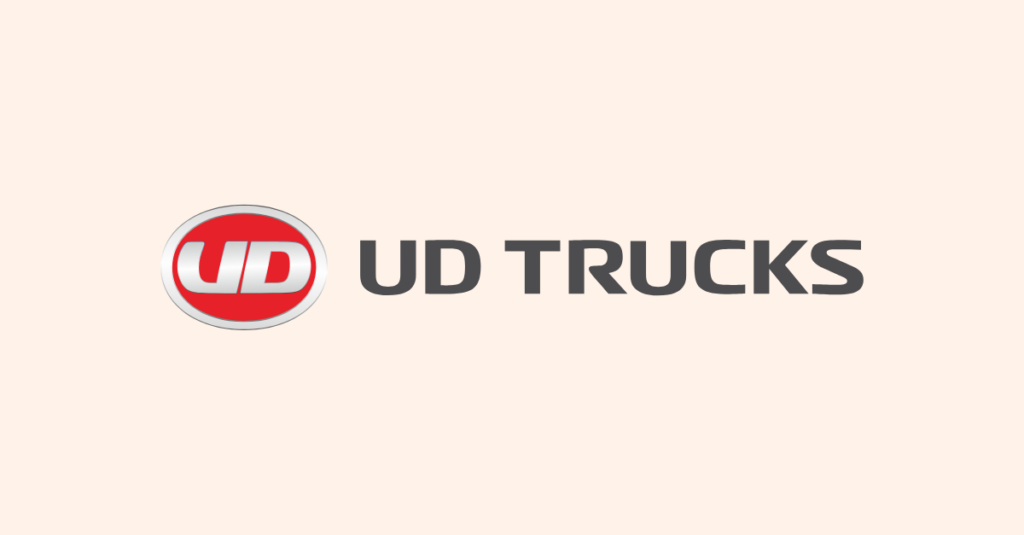Share this on:
What You'll Learn
Modern enterprises like yours are keen on leveraging modern analytics – the future of which is in the cloud. As per Mckinsey’s 2021 Quarterly Report, the value of cloud transcends IT and will grow over $1 trillion by 2030. In this blog, we will cover some interesting facts and figures about cloud analytics, its best components and advantages.
What is Cloud Analytics?
When you store and process data in the cloud to derive actionable business intelligence insights, it’s called cloud analytics. One thing to note about cloud analytics is that it is usually related to artificial intelligence including machine learning and deep learning models.
All the processes involved in cloud analytics are performed on cloud data platforms and solutions including cloud data warehouses, data lakes, and more. Cloud-analytics is conducted on vendor-managed infrastructure and not on your on-premises system.
If you are wondering why you should consider cloud analytics over on-prem analytics – we have the answer! On-Prem data storage and compute are usually expensive. But when you leverage cloud analytics, you don’t have to purchase any database system or data center.
Plus, these days, most of the data is generated in the cloud and this makes cloud analytics the right choice for modern businesses. When you use data analytics tools in the cloud, collaborative capabilities are enhanced. Analysts can access and analyze data from anywhere at any time.
Different Types of Cloud Analytics
There are three types of cloud analytics that enterprises leverage and they are public cloud, private cloud, and hybrid cloud. Let’s look at them one by one:
Public Cloud Analytics
As the name suggests, this type of cloud analytics is offered in the public cloud or multi-tenant architecture.
You share resources and services with several enterprises. By the same resources we mean virtual machines, data processing, and more.
One thing that you must note here is that using public cloud doesn’t mean that your data is shared with other organizations.
Private Cloud Analytics
This type of analytics is accessible to only a single organization. You have full and enhanced control over data security and governance.
There’s a private infrastructure that’s either located on-site or managed by a third-party provider.
Private cloud analytics, however, is costly to scale and maintain.
Hybrid Cloud Analytics
Hybrid cloud analytics is a mix of public and private cloud analytics. Organizations looking for a flexible solution can opt for this type of cloud analytics.
All your non-sensitive data is stored and processed in the public cloud.
On the other hand, sensitive business information that requires more governance is managed on-premises or in a private cloud.
Some Interesting Cloud Analytics Statistics to Note:
The global cloud analytics market is projected to reach a value of USD 147.19 billion by 2032.
76% of organizations worldwide have a multi-cloud infrastructure.
53% of IT decision-makers agree a multi-cloud infrastructure achieve business objectives.
In 2023, public cloud services generated approximately US$631.84 billion.
Amazon Web Services is the biggest public cloud provider with 32% market share.
84% of organizations leverage at least one private cloud.
1 out of 5 organizations run their workloads in the cloud.
47% of organizations are looking to implement a cloud-first strategy.
30% of organizations are cloud-native as per O’Reilley’s latest cloud adoption report.
Understanding How Cloud Analytics Works
With cloud analytics, you gain access to scalable cloud resources and advanced analytics capabilities in a public, private, or hybrid cloud environment. The services are mostly provided on a pay-as-you-use subscription model. Simple.
You pay for what you use. You are offered powerful automation tools and applications that can fulfil all your requirements for intelligent data processing and analytics.
The cloud service provider that you choose will manage all sorts of infrastructure, hardware, and software requirements including data storage systems, servers, networking, and more. The vendor will manage the entire setup and maintenance work.

Breakdown of Cloud Analytics Works for you
- Data flows into your organization through social media platforms, CRM systems, website usage, and several other sources. These sources could be either cloud-based or on-premises systems.
- When you use a cloud analytics platform, you are able to centralize and access remote, scattered data centers. Snowflake is one of the leading cloud data warehouse providers that you could choose for cloud analytics.
- You can then leverage the cloud analytics tools offered by the vendor to carry out predictive analytics, augmented analytics, machine learning, cloud reporting or embed dashboards into other analytics and systems.
- Intelligent automation capabilities provided by the cloud service vendor help gain actionable insights that, in turn, lead to increased efficiency and business profits.
Cloud Analytics Components
Let’s quickly look at the best cloud analytics features that benefit your organization:
Data Sources
Data sources in cloud analytics are data origins like social media platforms, ERP systems, IoT systems etc., from where your data is captured for analysis.
Cloud analytics enables you to integrate all types of data including structured data, unstructured data, batch data, and streaming data.
Data Models
They determine your data structure and provide a defined framework of how your data will be organized and stored. Determine how data is interpreted & how data elements relate to each other.
With a modern cloud analytics platform, you can leverage tools to build data models that align with your business requirements.
Data Processing Applications
These applications handle all your data operations and perform calculations on the raw information stored in your data model.
Such applications or software programs can perform data ingestion, data querying, data visualization, and more and enable faster data analytics.
Analytics Models
These are one of the most important components of cloud analytics. & computational tools that help with data interpretation & analysis.
A modern cloud analytics platform provides you with pre-built AI/ML models that facilitate real-time business predictions and enhance your decision-making capabilities.
Benefits of Cloud Analytics
Cloud analytics can be applied across industries such as retail, healthcare, higher education, manufacturing, financial services, and more. Here are some of the best advantages of cloud analytics:
Brings All Your Data to One Place
With cloud analytics, you can consolidate data from various sources into one centralized location.
You get a 360-degree, real-time view of your data, and every user can access information from anywhere, anytime they want.
When users have access to the right data at the right time, it helps make faster and more informed business decisions.
Offers Scalable, Flexible Deployments
One of the best aspects of cloud analytics is that it’s based on the pay-as-you-go model. You are not required to make any upfront payment or sign contracts.
You get modern tools and technologies when you need them and as per your unique requirements.
For instance, if there’s growth in data volumes, you can quickly scale analytics capabilities up, and scale back down again when needed.
Enables Enhanced Data Security
Almost all modern cloud service providers offer robust data security measures like encryption for both data at rest & transit, authorized access controls, periodic security audits, industry-specific compliance, and more.
You can leverage advanced features for data disaster recovery and data governance & boost your data monitoring/security capabilities.
Facilitates Cost Savings
On-premises servers are expensive to purchase and maintain. Plus, you don’t get quick support for outdated analytics solutions and systems.
But with cloud analytics solutions, you deploy compute resources and storage according to your requirements and don’t have to spend tons on hardware systems.
Boost Business Intelligence with LumenData
If you want to embed intelligence into your business processes, we have got you covered. Enable intelligent data visualization with interactive dashboards, self-service analytics for non-technical users, integration of AI/ML workflows into existing systems, and more with our advanced data analytics consulting and implementation services. Learn more here.
270+ Certifications by leading cloud analytics and data platforms like Snowflake, Databricks, Fivetran, & more.
150+ technical & functional consultants to help you with data interpretation and visualization.
SaaS extensions for data ingestion and customizable offerings for data science, generative AI.
On-Demand and Scheduled support from experts during and post-project.
About LumenData:
LumenData is a leading provider of Enterprise Data Management, Cloud and Analytics solutions and helps businesses handle data silos, discover their potential, and prepare for end-to-end digital transformation. Founded in 2008, the company is headquartered in Santa Clara, California, with locations in India.
With 150+ Technical and Functional Consultants, LumenData forms strong client partnerships to drive high-quality outcomes. Their work across multiple industries and with prestigious clients like Versant Health, Boston Consulting Group, FDA, Department of Labor, Kroger, Nissan, Autodesk, Bayer, Bausch & Lomb, Citibank, Credit Suisse, Cummins, Gilead, HP, Nintendo, PC Connection, Starbucks, University of Colorado, Weight Watchers, KAO, HealthEdge, Amylyx, Brinks, Clara Analytics, and Royal Caribbean Group, speaks to their capabilities.
For media inquiries, please contact: marketing@lumendata.com.
Authors

Content Writer

Senior Consultant



